Freehold property represents full ownership of both land and buildings indefinitely, while leasehold property grants ownership for a fixed period with the land remaining owned by the freeholder.
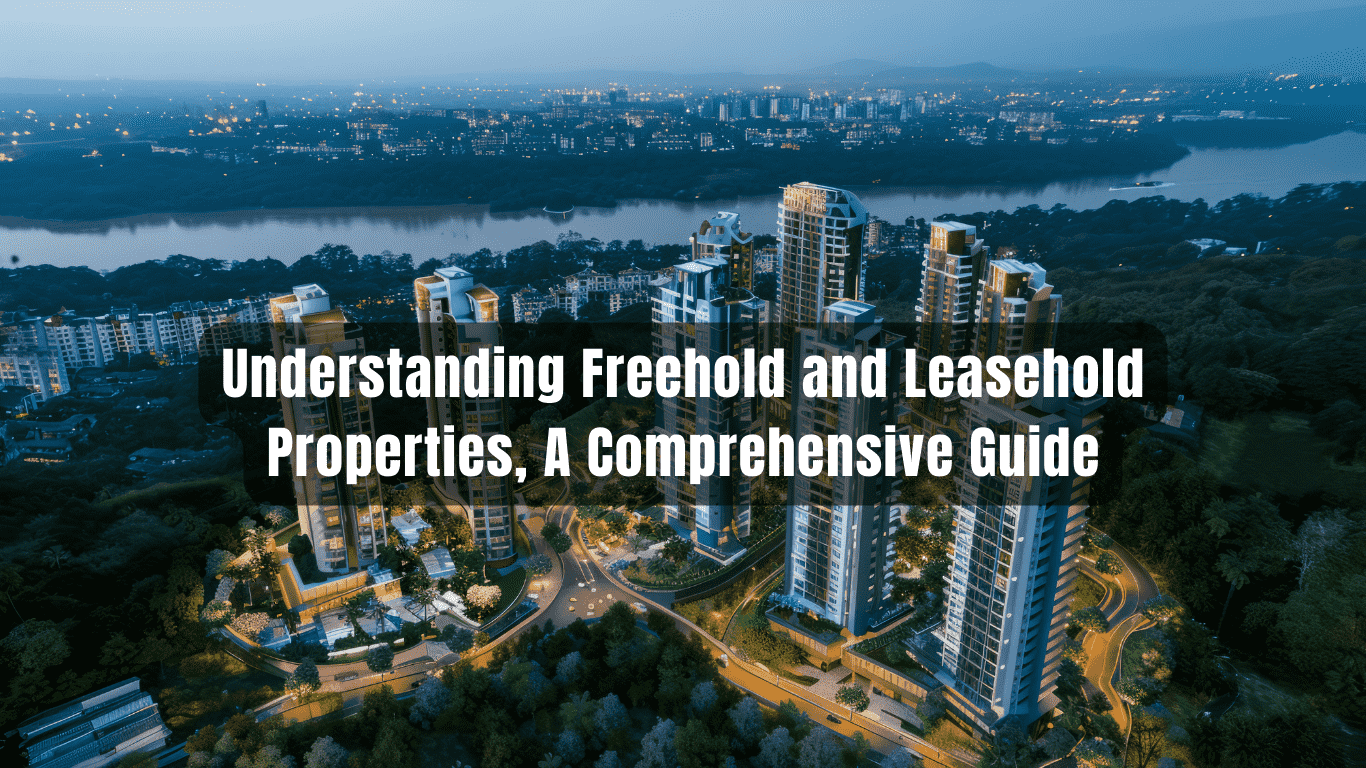
Freehold Properties: Ownership with No Expiry
A freehold property represents absolute ownership of both the land and the building on it. This means the property owner has full rights and control over the land and the structure for an indefinite period. Here are some key points about freehold properties:
Ownership: The owner has complete ownership rights without any time limit.
Flexibility: Freehold properties offer greater flexibility in terms of alterations, renovations, and usage.
Value Appreciation: They typically appreciate in value over time, making them attractive long-term investments.
No Ground Rent: There's no obligation to pay ground rent to a landlord, unlike leasehold properties.
Leasehold Properties: Time-Limited Ownership
In contrast, a leasehold property grants ownership of the property for a fixed period, typically ranging from 99 to 999 years. While the leaseholder has the right to use and occupy the property, the land itself remains owned by the freeholder. Here are key aspects of leasehold properties:
Limited Ownership: Leaseholders own the property but not the land it stands on.
Lease Term: The lease specifies the duration of ownership, after which the property reverts to the freeholder.
Ground Rent: Leaseholders often pay ground rent and maintenance fees to the freeholder.
Lease Extensions: Leaseholders may have the option to extend the lease, subject to certain conditions and costs.
Advantages of Freehold Properties
Absolute Ownership: Enjoy full control over your property without time constraints.
Flexibility: Make changes or modifications to the property as desired.
Long-Term Investment: Freehold properties generally appreciate in value over time.
No Ground Rent: No recurring ground rent payments are required.
Advantages of Leasehold Properties
Lower Initial Cost: Leasehold properties often have a lower initial purchase price compared to freehold properties.
Maintenance: The freeholder is typically responsible for structural maintenance and repairs.
Community Facilities: Some leasehold properties offer access to shared amenities like gardens or gyms.
Lease Extensions: Possibility to extend the lease term, providing continued ownership.
Disadvantages of Freehold Properties
Higher Initial Cost: Freehold properties usually have a higher upfront cost compared to leasehold properties.
Maintenance Responsibility: Owners are responsible for all maintenance and repairs.
Limited Community Facilities: Individual freehold properties may lack shared amenities found in some leasehold developments.
Disadvantages of Leasehold Properties
Lease Expiry: The property reverts to the freeholder at the end of the lease term, unless extended.
Ground Rent: Ongoing ground rent payments can add to the cost of ownership.
Restrictions: Leaseholders may face restrictions on alterations or usage without freeholder consent.
Key Considerations When Choosing Between Freehold and Leasehold
Long-Term Plans: Consider your long-term plans for the property and how ownership type aligns with your goals.
Financial Implications: Evaluate the financial aspects, including initial cost, ongoing expenses, and potential value appreciation.
Flexibility Needs: Assess your need for flexibility in making changes or modifications to the property.
Lease Terms: If opting for a leasehold property, review the lease terms, including ground rent, maintenance responsibilities, and lease extension options.
Conclusion
In conclusion, the choice between freehold and leasehold properties depends on individual preferences, financial considerations, and long-term plans. Freehold properties provide complete ownership rights and the potential for long-term investment growth; however, they entail higher initial expenses and maintenance obligations.On the other hand, leasehold properties may provide lower initial costs and maintenance benefits but come with lease expiry and ongoing ground rent payments.
Frequently Asked Questions (FAQ)
Can I convert a leasehold property to freehold?
In some cases, leaseholders may have the option to purchase the freehold or extend the lease, subject to legal processes and negotiations.
What happens at the end of a leasehold property’s term?
Unless the lease is extended or the freehold purchased, the property reverts to the freeholder at the end of the lease term.
Are there any restrictions on leasehold properties?
Leasehold properties may have restrictions on alterations, subletting, or usage, depending on the terms of the lease.
How do I extend the lease on a leasehold property?
Lease extension processes vary by jurisdiction and may involve legal steps, negotiations, and costs.
What is ground rent, and how is it determined?
Ground rent is a periodic payment made by leaseholders to the freeholder. The amount and frequency are typically specified in the lease agreement.
Can I sell a leasehold property before the lease term ends?
Yes, leasehold properties can be sold before the lease term ends, but potential buyers need to be aware of the remaining lease duration.
CCS is here to assist you in buying your property seamlessly. For guidance and expert advice, contact us today!

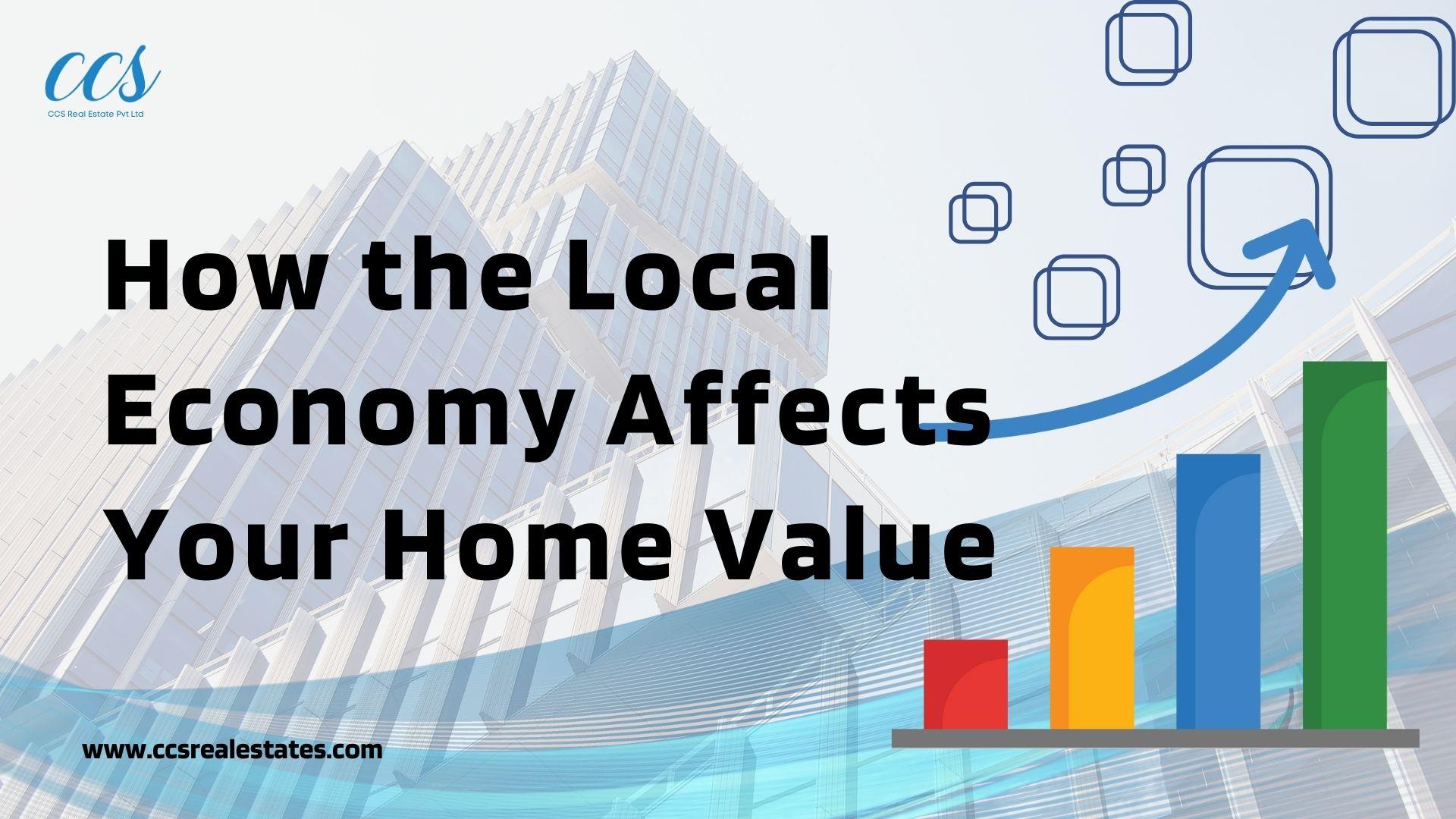
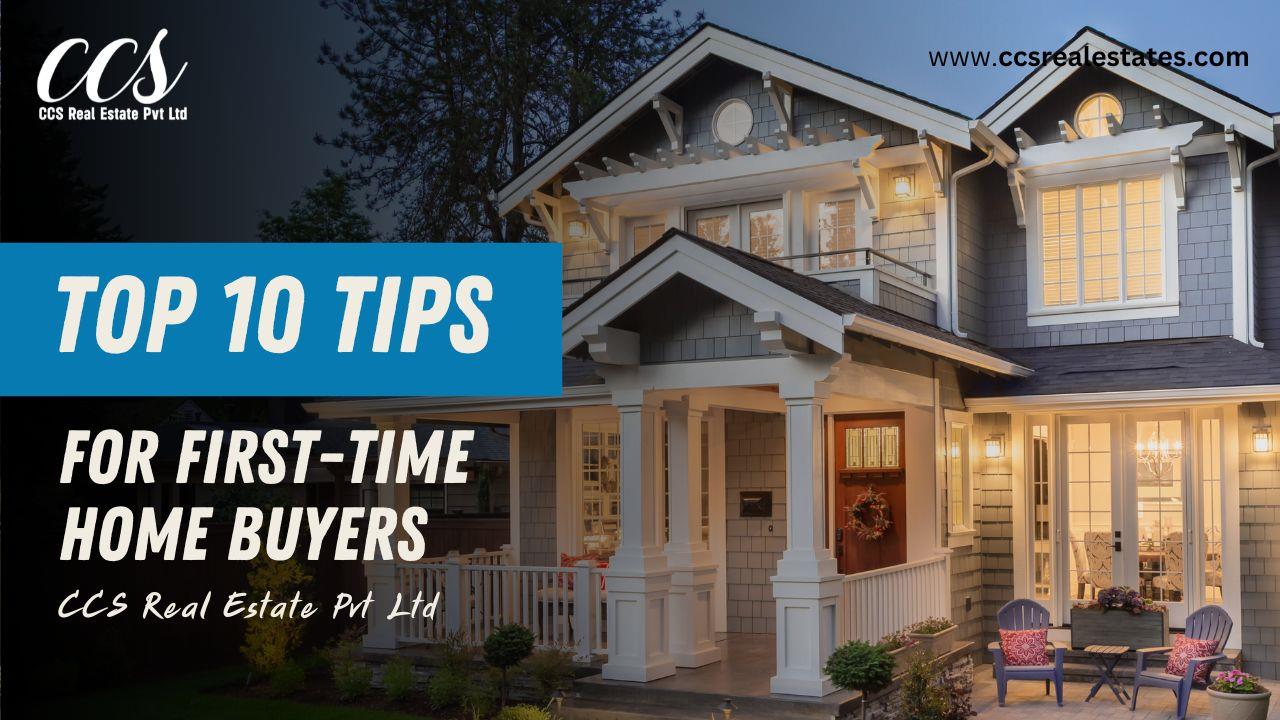

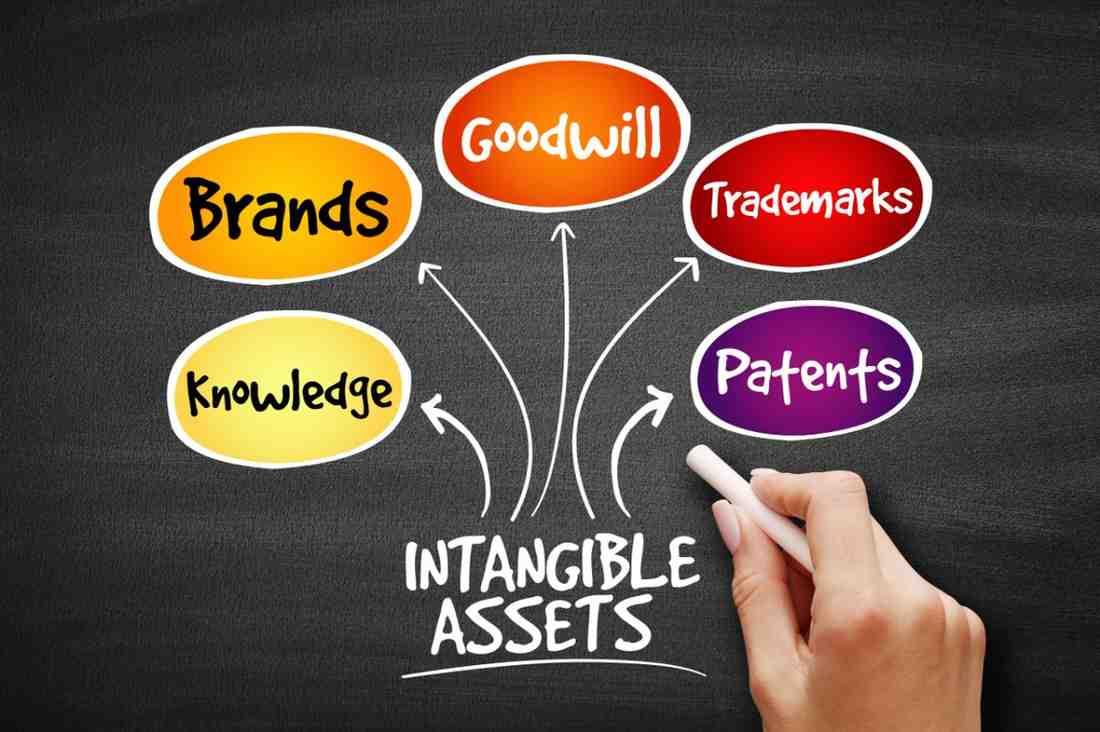













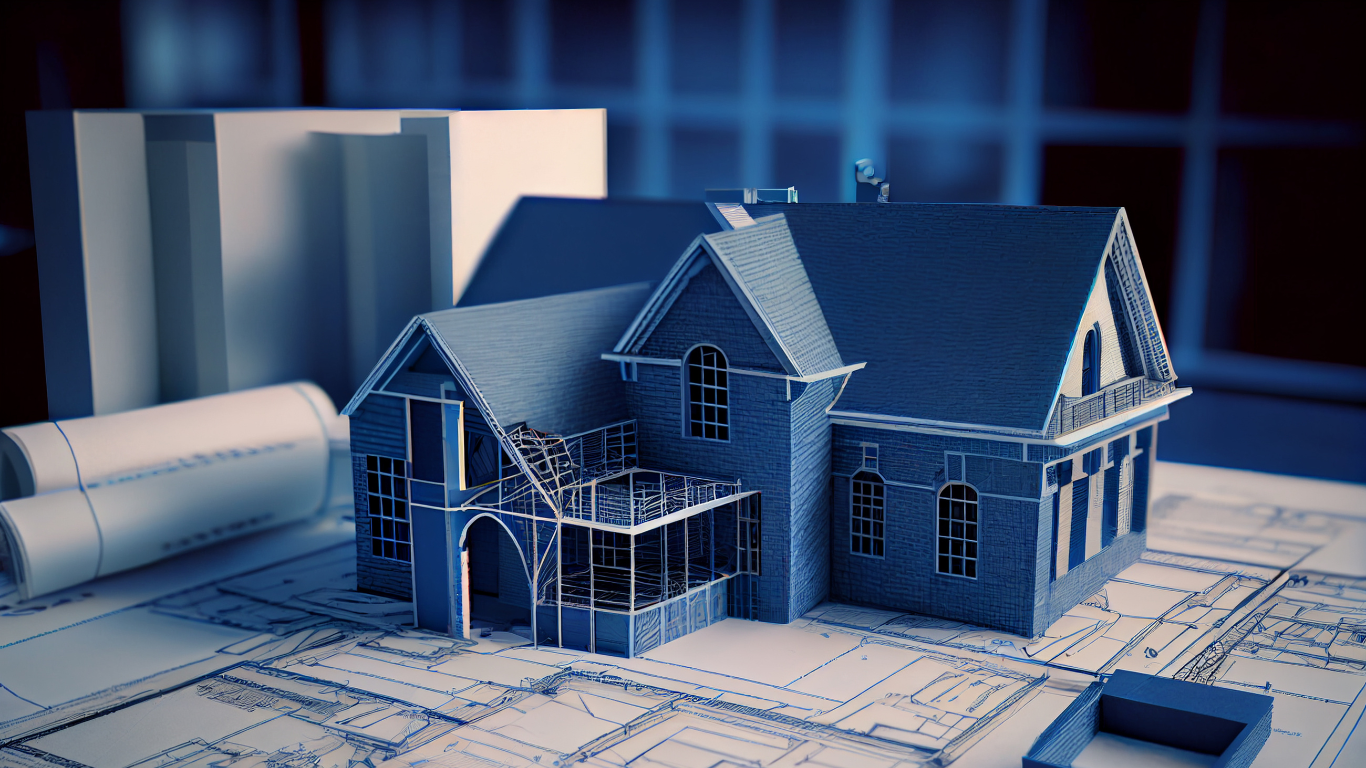



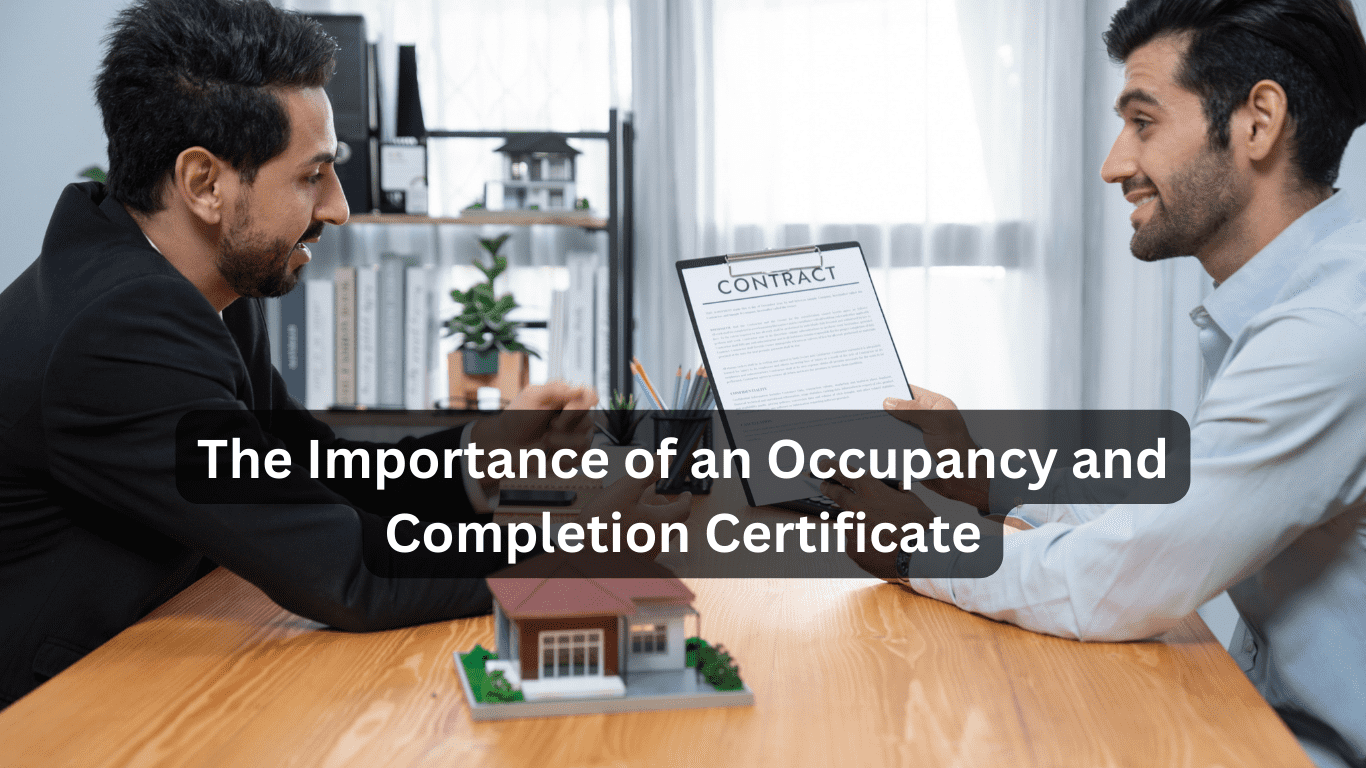

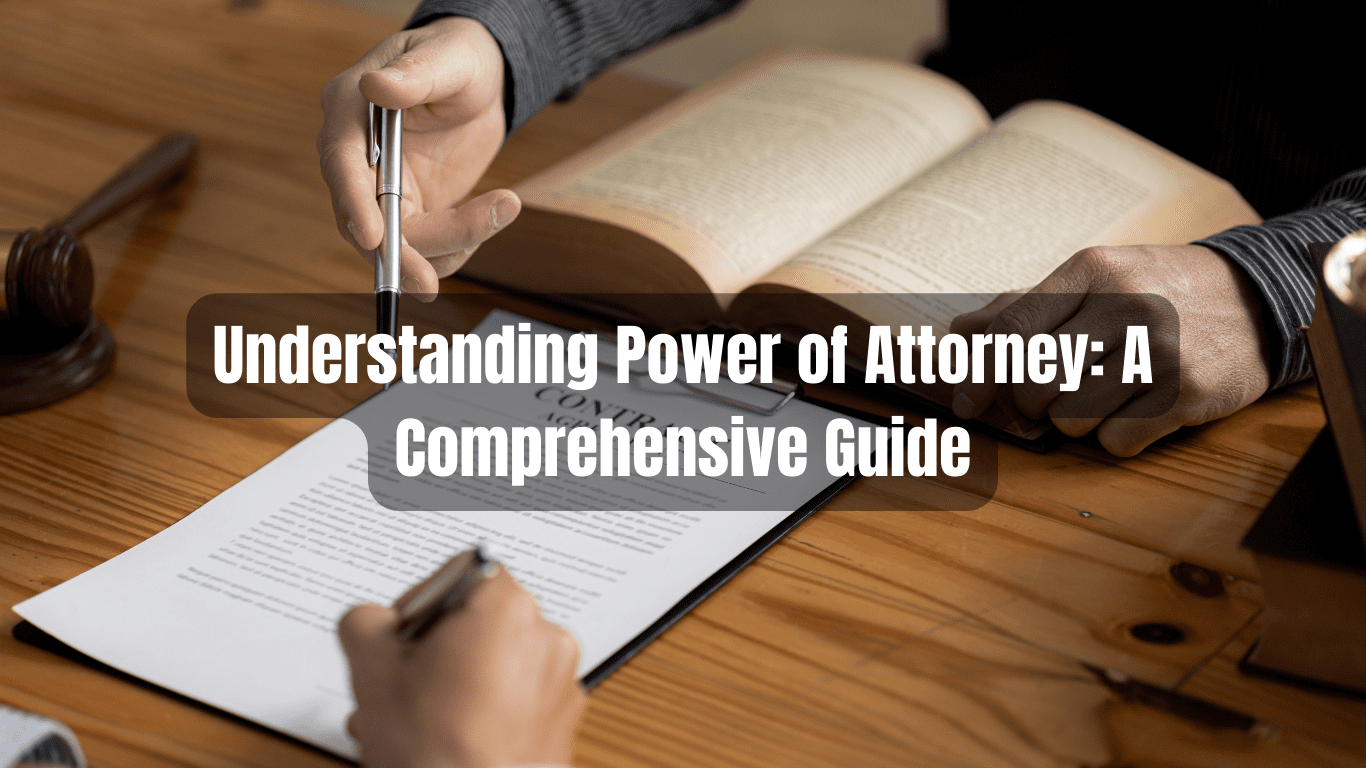

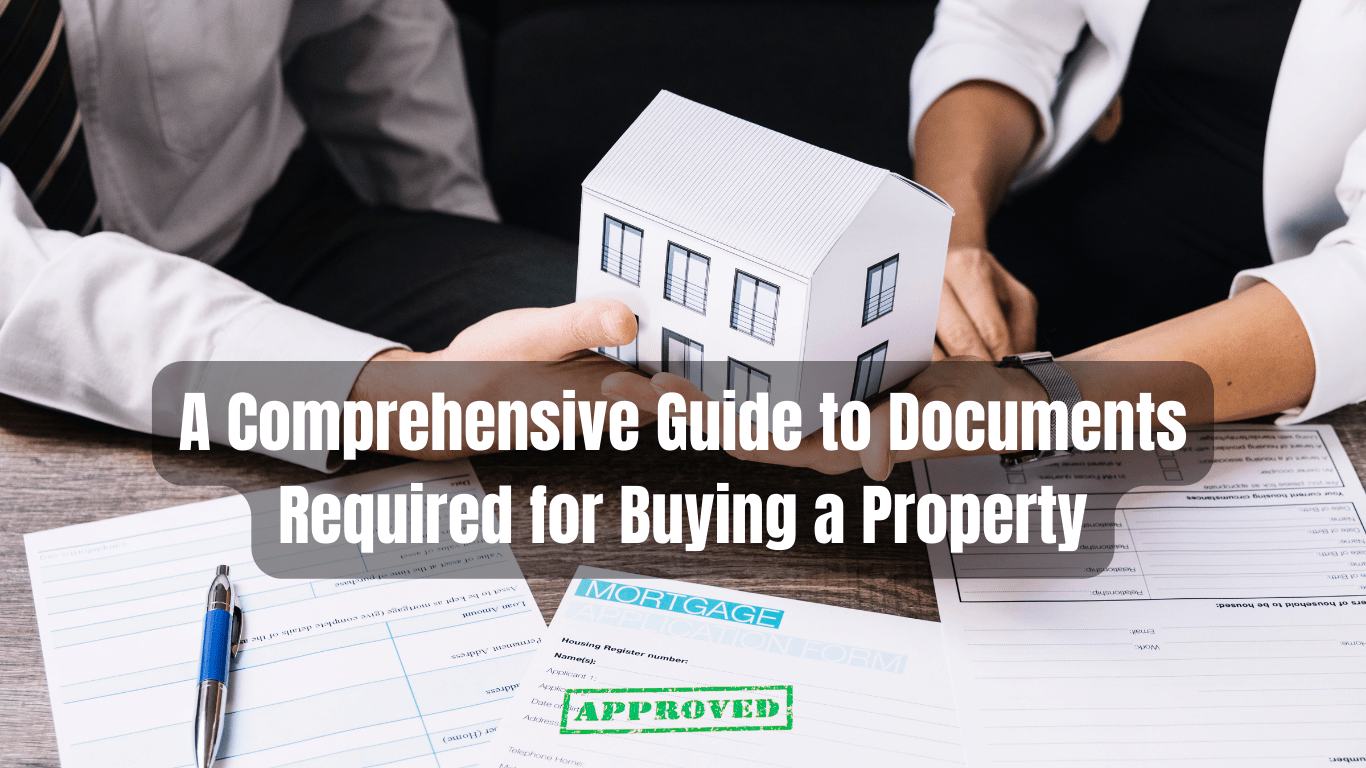

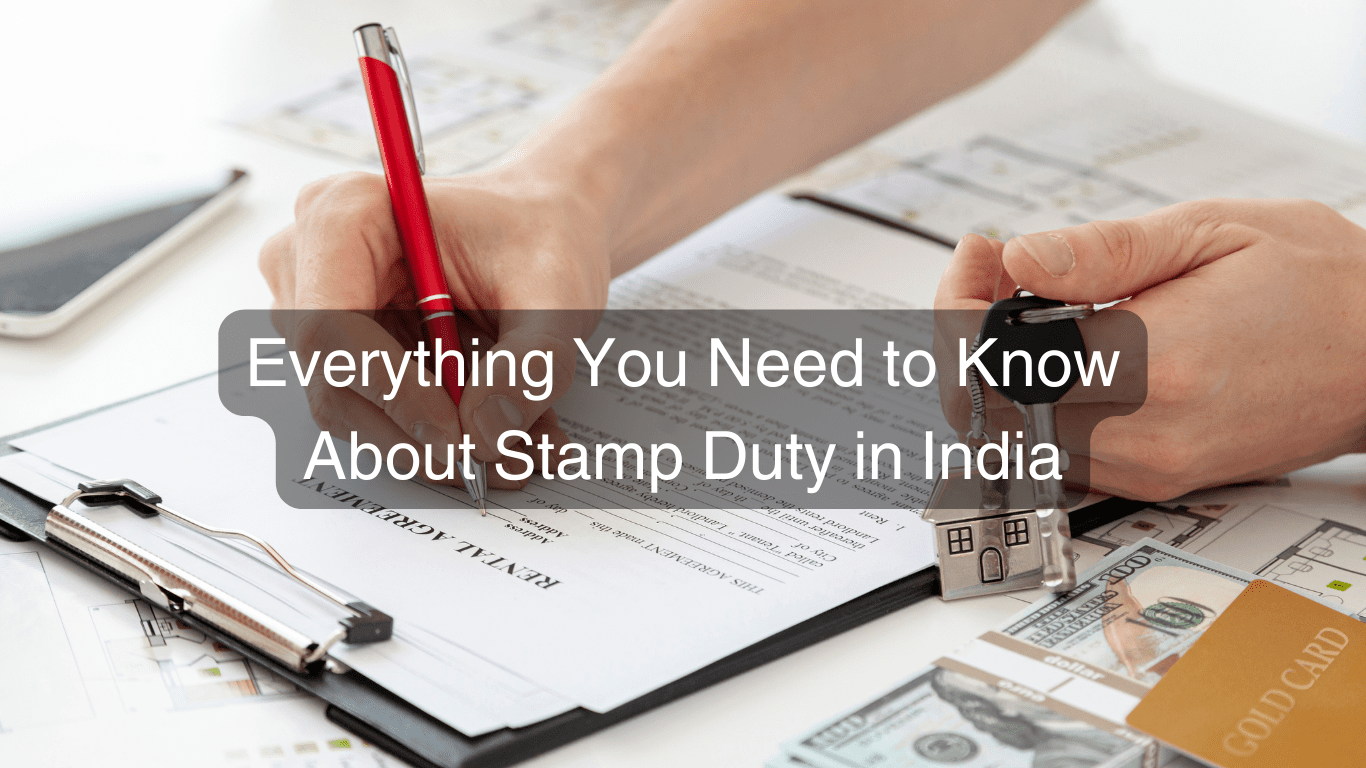





.png)
-min.png)
-min.png)
-min.png)
-min.png)







.png)









